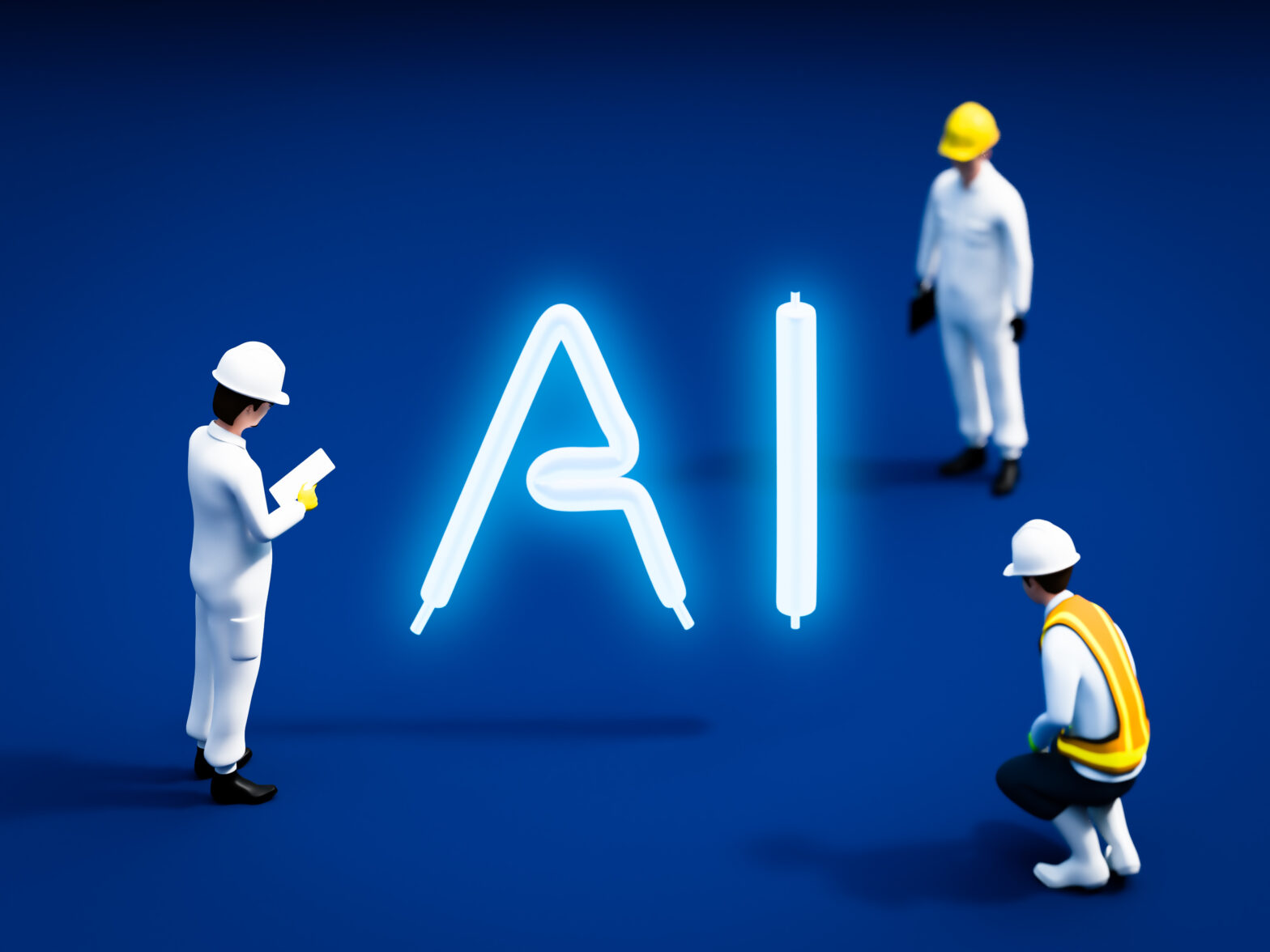An overwhelming 85% of senior executives plan to invest in artificial intelligence (AI) and the internet of things (IoT) by 2020, according to a new survey of UK by Deloitte.
The findings come from the first edition of a new regular report from Deloitte, the Digital Disruption Index. The index will track investment in digital technologies and create a detailed picture of their impact on the largest and most influential business and public sector bodies. The first edition includes responses from 51 organisations with a combined market value of £229bn.
Over half of survey respondents expect that by 2020, they will invest more than £10 million in digital technologies and ways of working – such as AI, cloud, robotics, blockchain, analytics, the IoT, and virtual and augmented reality.
>See also: Big data, robotics and AI fuelling VC investment in London
A further 73% said they will invest in robotics, 63% in augmented and virtual reality, 62% in wearables, 54% in biometrics (such as voice and finger recognition) and 43% in blockchain.
This year alone, 30% of UK organisations will invest more than £10 million in these technologies. But when compared with corporate IT budgets this represents a rather modest amount of investment.
According to separate Deloitte research, the majority of IT functions have budgets of over £20 million, while a quarter of corporate IT functions spend more than £75 million annually.
As a likely consequence, at this stage only 9% of executives believe that UK companies are world leading at exploring and implementing digital technologies and ways of working.
Paul Thompson, UK digital transformation leader at Deloitte, explained: “The first edition of the index shows that few UK businesses are successfully exploiting digital technologies and ways of working. Strategies are not coherent, investment levels are modest and the relevant skills are in short supply. As a result, the UK isn’t living up to its digital potential.”
The rise of artificial intelligence
Of all of the digital technologies surveyed, executives believe AI will have the biggest impact on their organisations in the future. Investment in AI at this stage remains modest though, with only 22% having already invested in it. Of those that have invested, only a third expect to spend more than £1 million in 2017. This suggests that organisations are currently testing with pilots, rather than large scale deployments.
>See also: What are the business benefits of artificial intelligence?
77% of leaders expect AI to disrupt their industries. Just under half expect their workforce to get smaller as they adopt AI, but only 8% believe AI will directly replace human activity. Over a third believe AI will be used to augment expertise, with a focus on improving human decision-making.
Thompson added: “AI will have a profound impact on the future of work. Our view is that human and machine intelligence complement each other, and that AI should not simply be seen as a substitute. Humans working with AI will achieve better outcomes than AI alone, and UK businesses need to get this careful balance right.”
The digital skills gap
Only 20% of leaders believed there are enough school leavers and graduates entering the labour market with the appropriate digital skills and experience.
Three-quarters of executives face challenges recruiting the right digital skills. Leaders say data scientists and analysts are the most important roles for a successful digital strategy, but these are also the most difficult digital roles to retain and recruit.
Over half of leaders say their organisation’s learning and development curriculum does not support their digital strategy. 45% said that their organisation does not provide them and other leaders with the resources needed, such as training and coaching through a variety of multimedia channels, to develop their own digital skills.
>See also: Artificial intelligence: how it’s transforming financial services today
“The UK has the opportunity to be a market-leader in harnessing and exploiting the opportunities digital brings, including increased productivity and driving growth. But it’s clear that digital skills, at all levels, are in short supply and high demand. In our view, digital represents both a business and public policy issue which needs educators, policymakers and business to work more closely together, in order to meet the current and future demands of the UK’s economy,” continued Thompson.
Encouraging
Melissa Di Donato, chief revenue officer at SAP ERP Cloud, has outlined why these findings from Deloitte are so encouraging, and what it all means next for UK businesses.
“Artificial intelligence is one of the trending topics of 2017 for good reason as it can bring meaningful economic growth to the UK. Today’s findings from Deloitte are encouraging to see that UK businesses are realising the potential of AI technology, with 85% planning to invest over the next three years.”
>See also: Revenue for AI systems to top $47 billion by 2020
“Let’s be clear that this isn’t a technology which is years away, it is here now and business leaders must take action. We are already witnessing the power of AI and its ability to transform and enhance whole business models and liberate employees. The rate at which digital transformation is taking place and consequent proliferation in data means the human mind alone can’t keep up with this pace of change, and that is where AI can make a real difference. It will be those businesses who act first and fully embrace the power of AI who will empower their workers and prosper in this digital world.”







